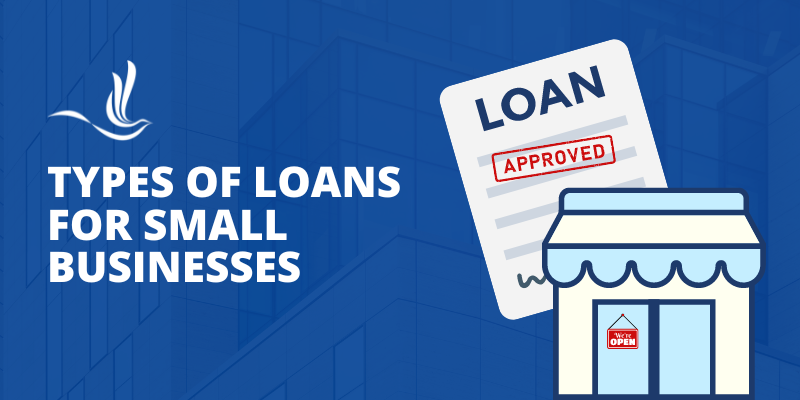
Small business loans can be helpful and sometimes necessary in order to continue or expand a business. There are several types of loans available to small businesses, each with their own sets of pros and cons.
Term Loans
One of the most common types of loans for small businesses, a term loan is a lump sum of funds that is paid back over a fixed term and typically via fixed monthly payments. Interest will be paid on top of the principal balance borrowed. Sometimes it’s at higher rates than those offered by a traditional bank. However, it is a popular loan because funding is quick and it offers opportunities for business expansion.
Small Business Administration (SBA) Loans
SBA loans are offered by banks and lenders but administered by the Small Business Administration, a government agency that provides support to small businesses. Some business owners will prefer this type of loan since it’s backed by the government. It also offers high borrowing amounts at low rates and has long repayment terms. On the other hand, it’s harder to qualify for and it comes with a long and tedious application process.
Business Lines of Credit
Like a regular credit card, a business line of credit gives business owners access to a credit line of a certain limit, which is usually determined by business revenue and credit. Interest is only paid on the money charged, allowing greater flexibility in cash flow. This type of loan may also require paying additional account maintenance fees.
Equipment Loans
Businesses that want to own equipment can look into obtaining an equipment loan, which allows them to pay for business equipment over a specific term. The equipment will then serve as collateral for the loan. Sometimes a down payment is required for this loan.
Microloans
Microloans are small loans usually offered by nonprofits or government agencies and loan business owners up to $50,000. They are popular among startups and businesses located in disadvantaged cities. Some of these loans are accompanied by mentoring or consulting from the loan provider as well.
Invoice Factoring
This service allows businesses to sell their unpaid invoices to lenders to collect on. In return, the business will receive a percentage of the invoice value. This can benefit businesses that are awaiting payment from customers but need cash immediately.
Invoice Financing
Similar to invoice factoring, invoice financing allows businesses to sell their unpaid invoices as collateral in order to receive a cash advance. In this case, the business is still responsible for collecting payments from their customers in order to repay the amount financed.
Tax Debt Relief for Small Businesses
There are several loan options available to small businesses, whether they are a startup in need of fast cash, or an established business looking to expand. It is essential for small businesses to ensure that they are compliant with all tax laws in order to keep their business going. If you need tax help, give us a call at 800-536-0734 for a free consultation today.